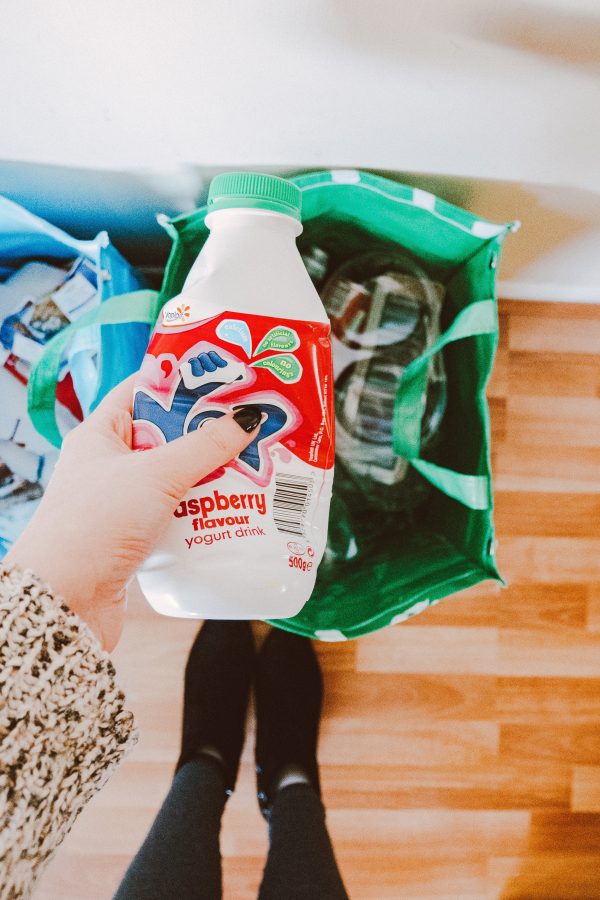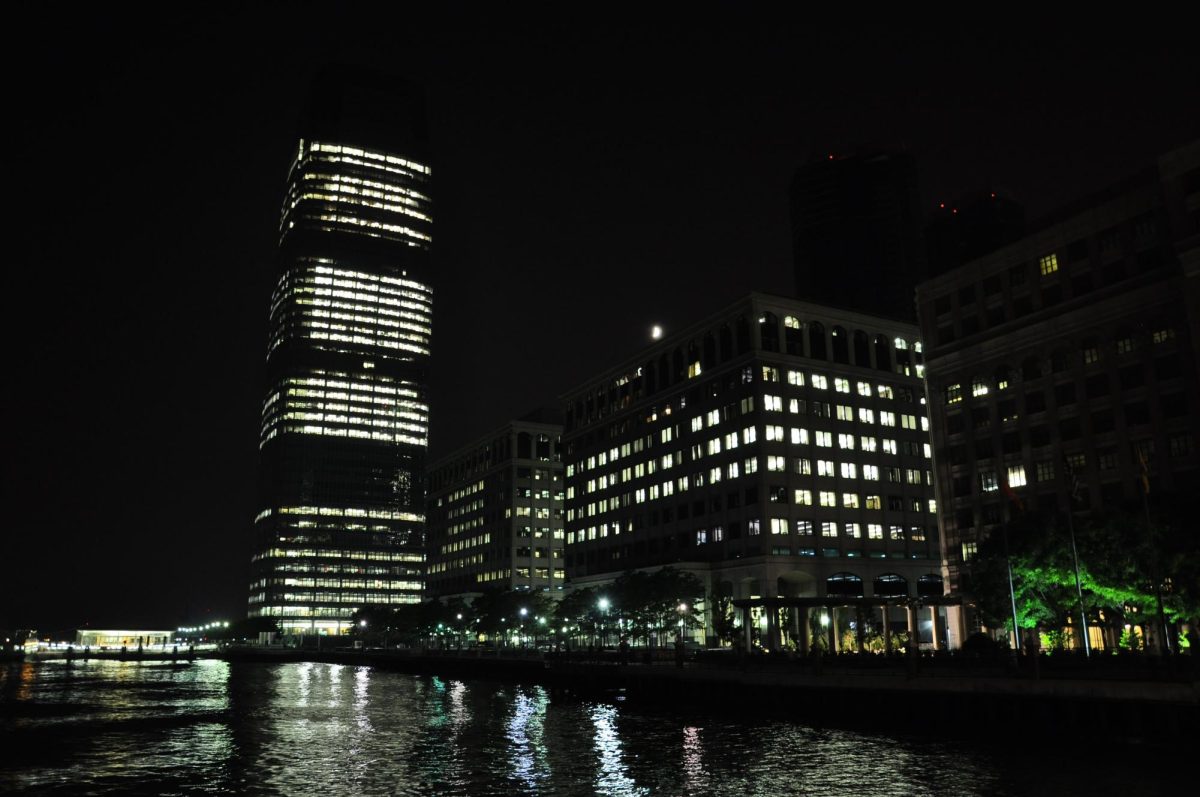Last month, Gov. Andrew Cuomo introduced a proposal to expand the nickel-redemption program that has been central to the city’s recycling system, a move that may be beneficial to urban scavengers but ultimately hinders the recycling program as a whole.
The proposal would allow more bottles to be turned in for cash, including plastic and glass bottles used for juice, coffee and tea, as well as sports and energy drinks.
Though this is wonderful for environmentalists and urban scavengers, the businesses involved with recycling expressed disdain for the new plan.
One such business, a supermarket chain on 57th Street right outside a Billionaires Row apartment tower, said its cleanliness and place in the community would suffer.
“We keep this place nice and clean, in fitting with the neighborhood,” said Avi Kaner, the co-owner of the chain. “The last thing we need is people bringing more of their garbage here.”
Even though the supermarket has a ceiling of 240 items brought to the store by one person daily, the new rule would incentivize more people to join the scavenging community and to pick up many more bottles.
This not only hurts the image of the chain, which will have economic consequences, but it will also hurt its business in a more direct way.
Shelving space is in high demand here, and the recyclable items are shelved away for up to two weeks.
This is coupled with the fact that the rent is $200 per square foot and that the business is already reeling from having to pay workers who handle recyclables a minimum of $15, as opposed to the $7.25 they’d have to pay them six years ago.
The proposal would also incentivize urban scavengers, those who rummage through trash cans in the hopes of finding bottles to return for cash, to steal whole trash cans at a higher rate.
Though this seems harmless, the trash cans belong to the city. As such, the usage of the term “steal” is wholly applicable.
The city sends these cans to Sims Municipal Recycling, which sorts and sells the materials as a commodity.
Furthermore, the city recently paid Sims $22 million, with the agreement between the two parties that the city’s cost would rise further if it brought less valuable material such as glass, as opposed to plastic or aluminum, which can be remade into other products fairly easily.
These recycling programs are already struggling due to China deeming them unacceptable for purchase. The program’s move would only further hinder the market.
The market for recyclables as a whole is working against the goal of many environmental agencies, as there are no positive economic incentives for recycling.









